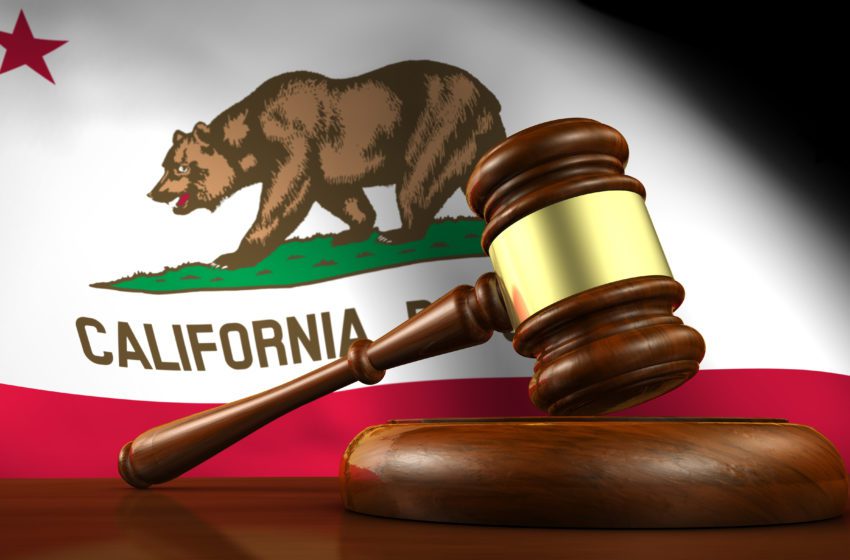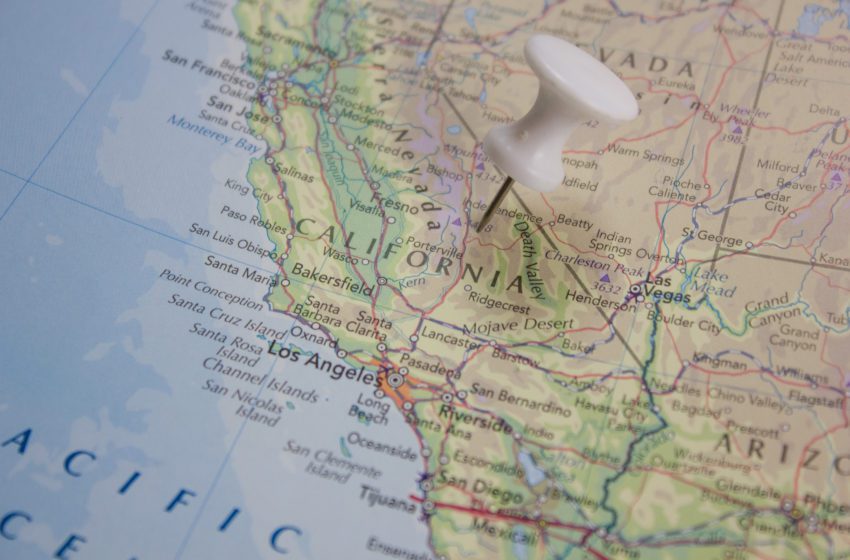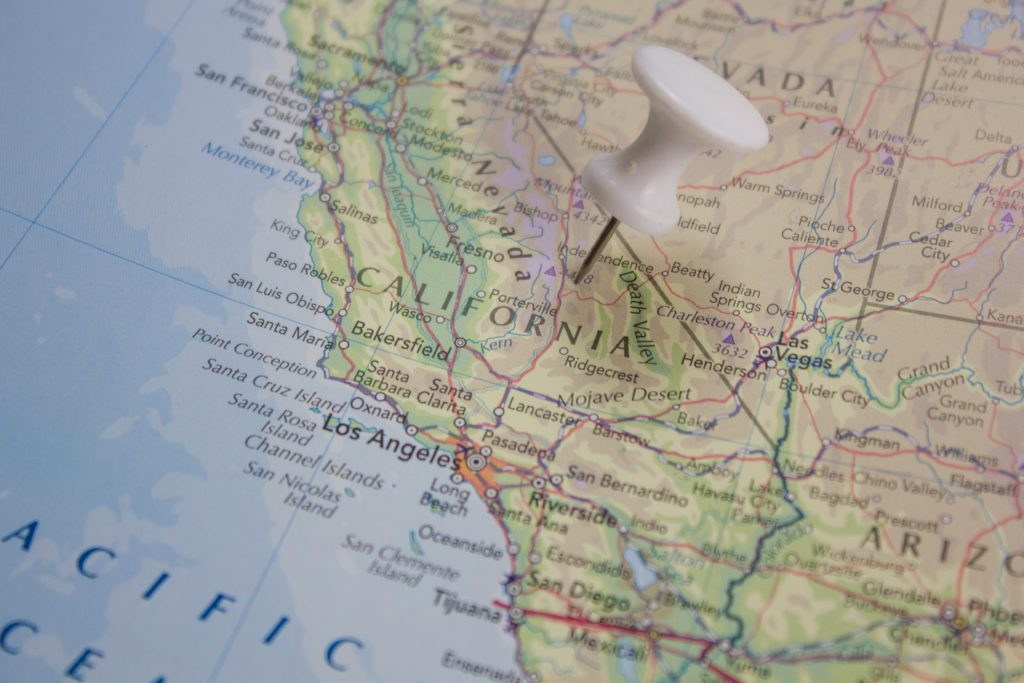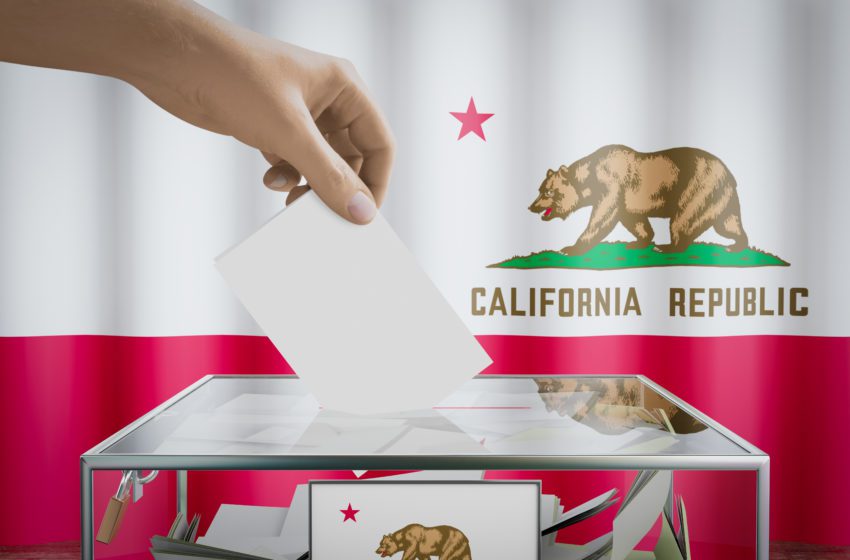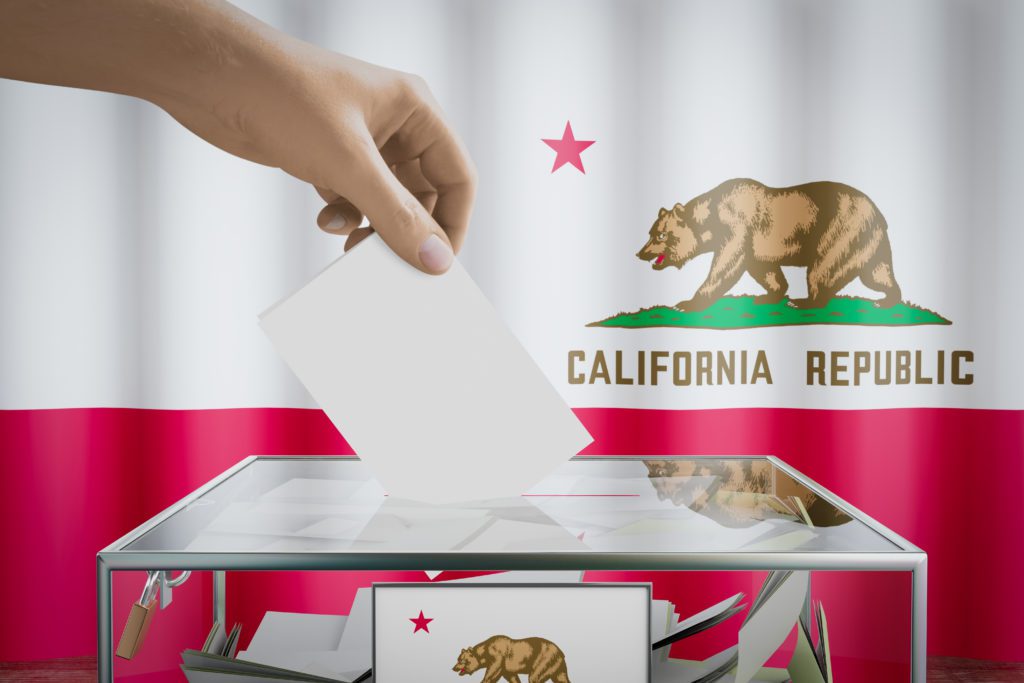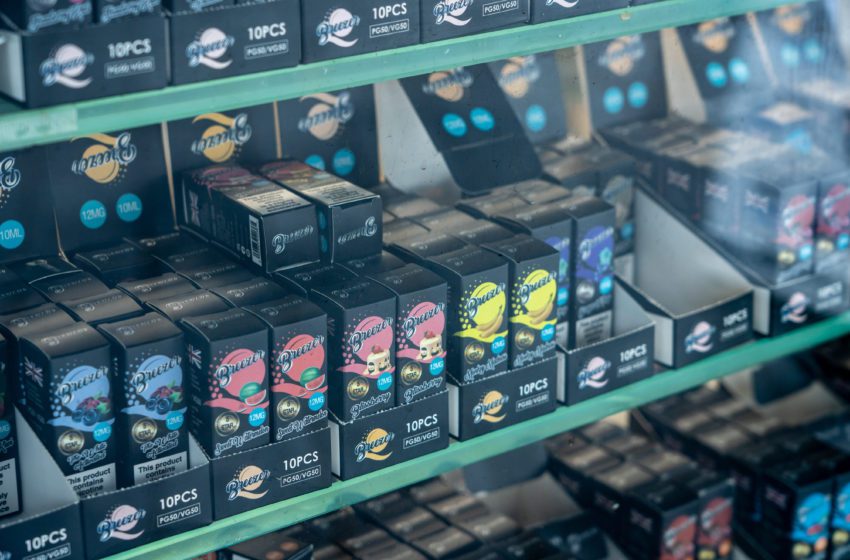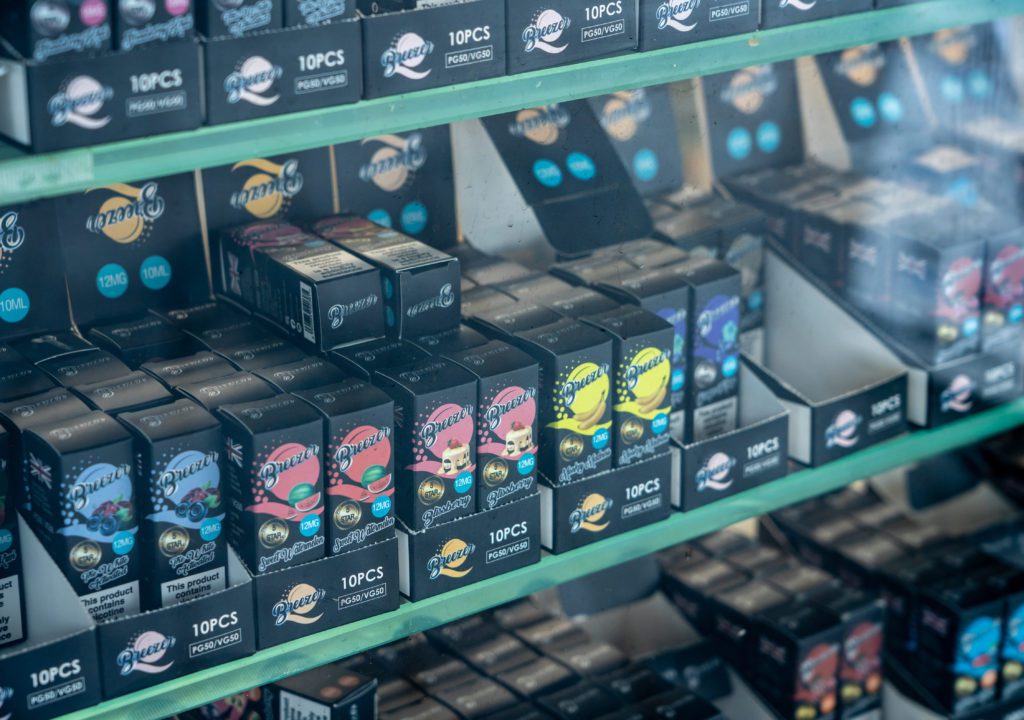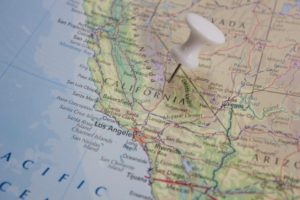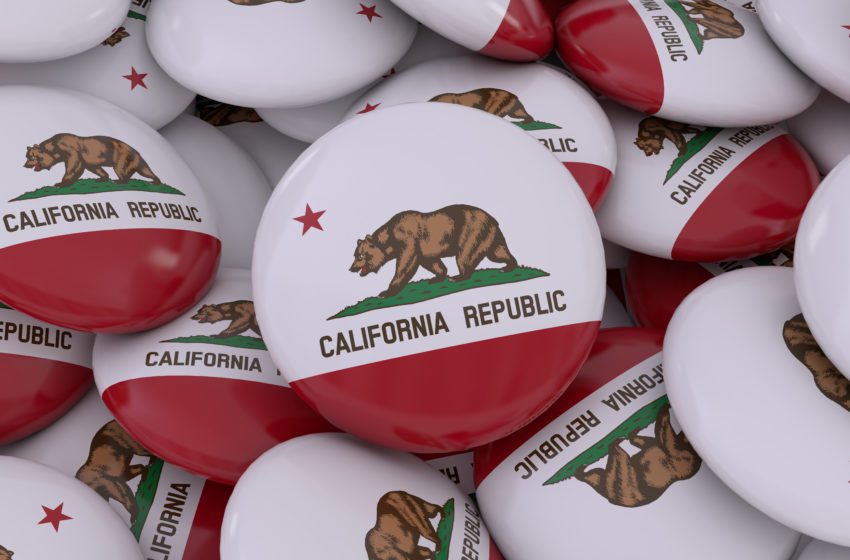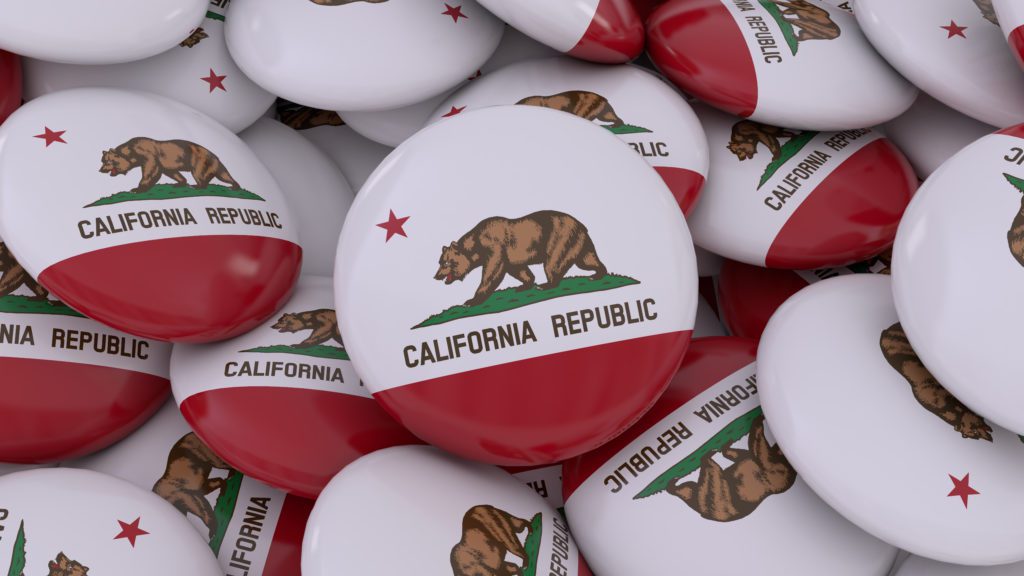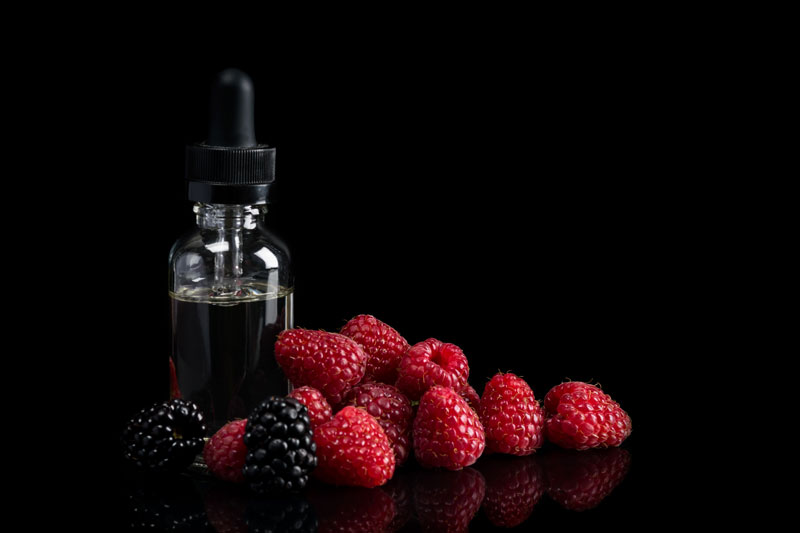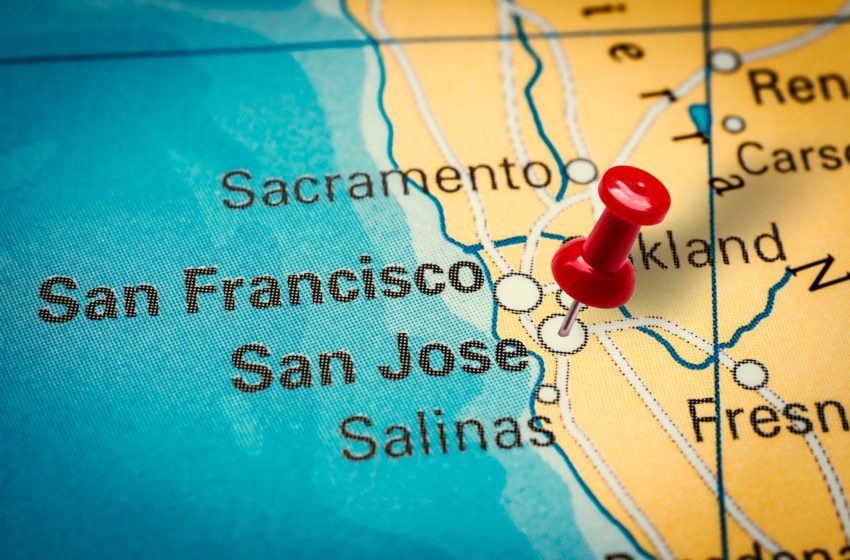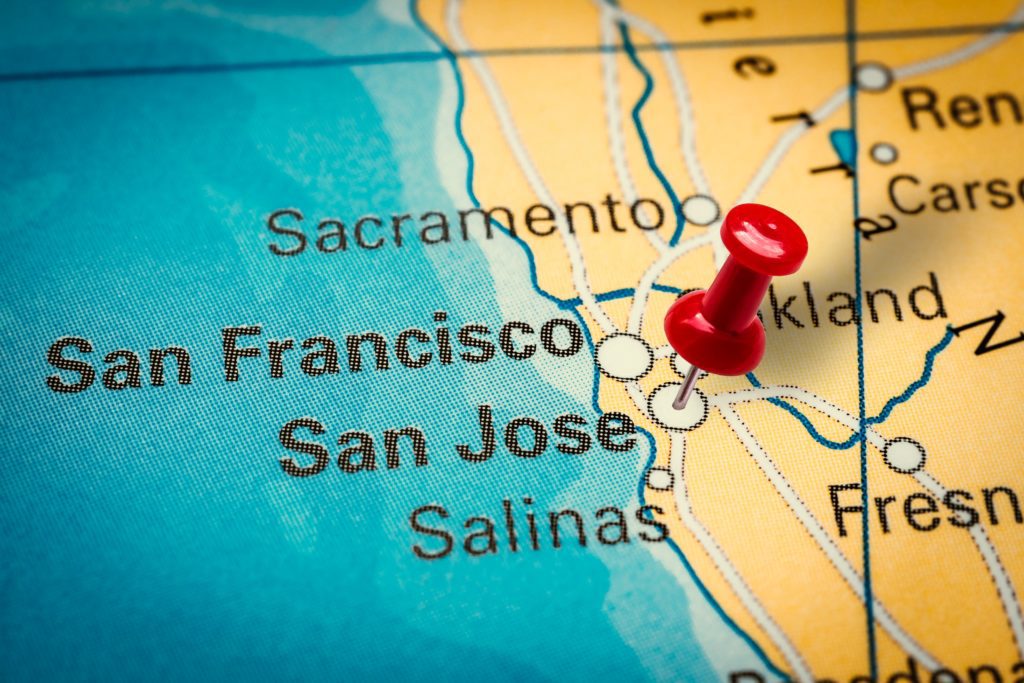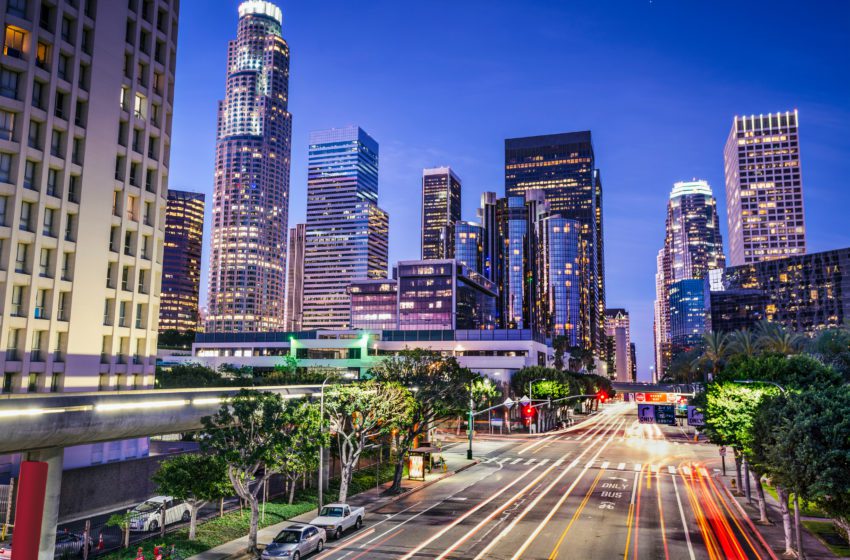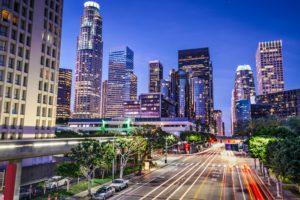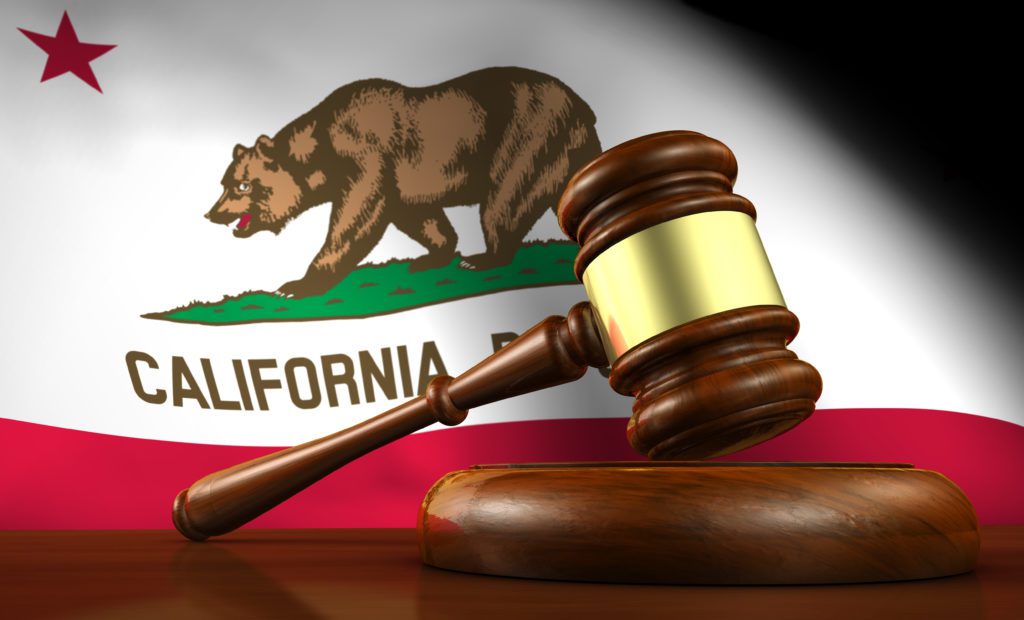
Vapor and other tobacco companies filed a lawsuit against California in federal court over the state’s ban on flavored products one day after voters backed the ban in a Nov. 8 referendum, reports the Courthouse News Service.
Though more than half the state’s ballots have yet to be counted, media outlets have declared that the referendum will pass. Unless a judge agrees to intervene, the ban is set to go into effect no later than Dec. 21, 2022.
In their suit, the companies argue that the Family Smoking Prevention and Tobacco Control Act (TCA) of 2009 allows states and municipalities to regulate tobacco products, but not to ban their use or sale.
“The ban falls under the TCA’s express preemption clause, ‘which preempts ‘any [state] requirement’ that is ‘different from, or in addition to,’ a federal requirement about a tobacco product standard,” the suit reads. “A flavor ban is a paradigmatic tobacco product standard.”
In 2020, California lawmakers passed a ban on all flavored nicotine products except hookah, loose leaf tobacco (for pipes) and premium cigars. Menthol products are also covered by the legislation.
Opponents of the ban collected more than 1 million signatures and forced the state to hold a referendum on the ban. Originally scheduled to take effect Jan. 1, 2021, the legislation was then suspended until the Nov. 8 vote.
Vapor and tobacco companies already sued California over the flavor ban in 2021. But a federal judge dismissed the case, telling the plaintiffs to wait for the voters to weigh in before suing.

